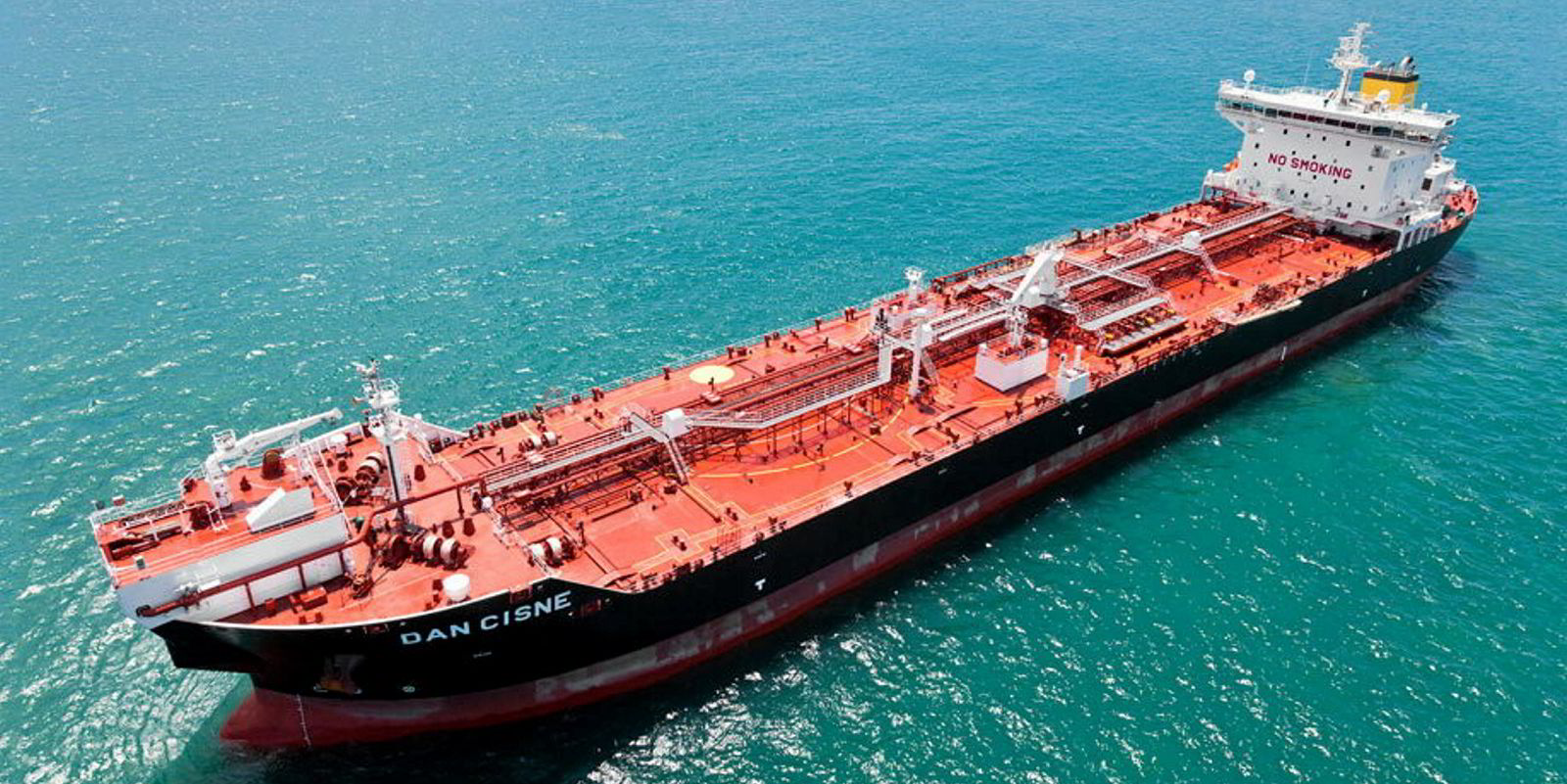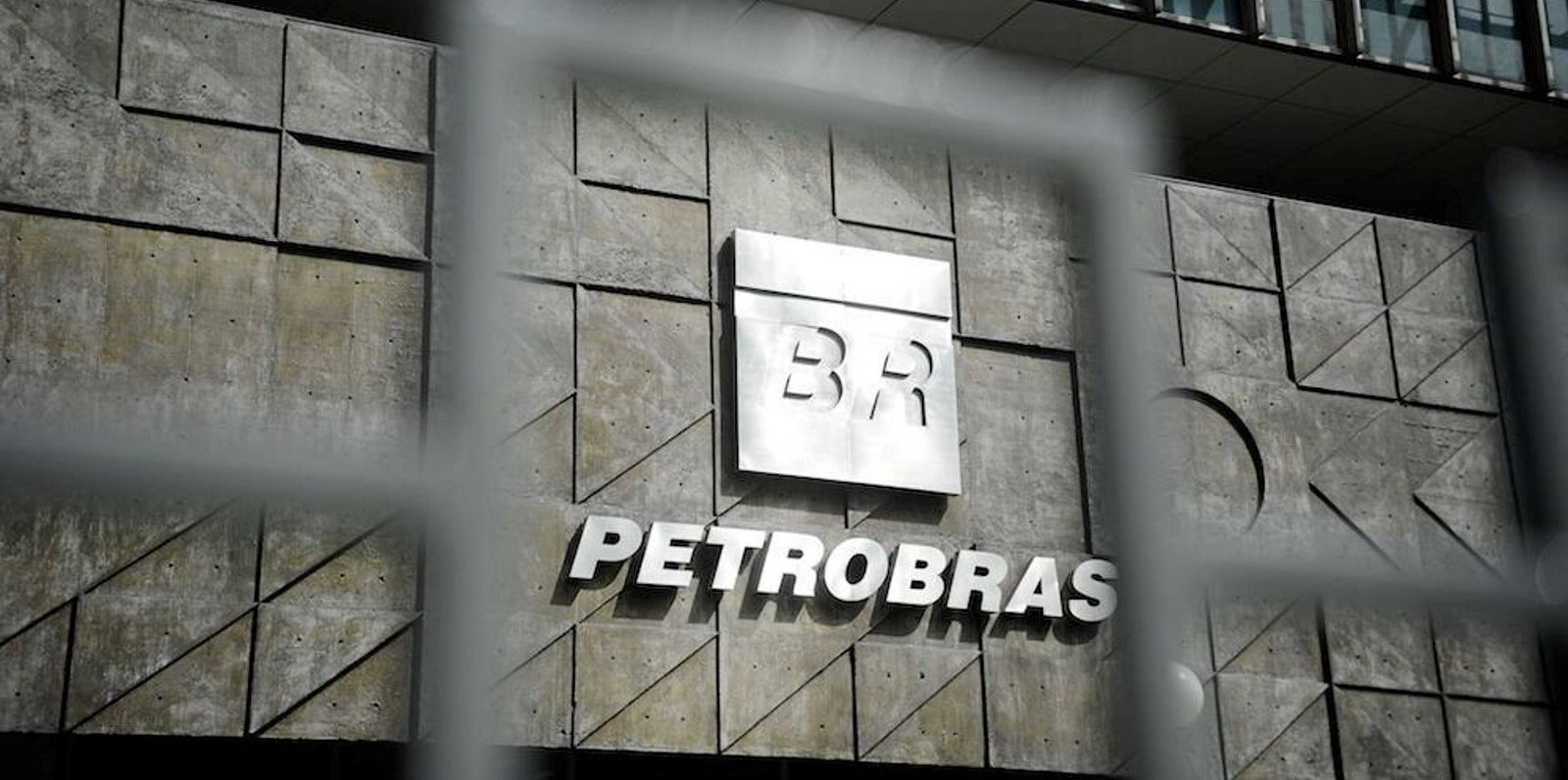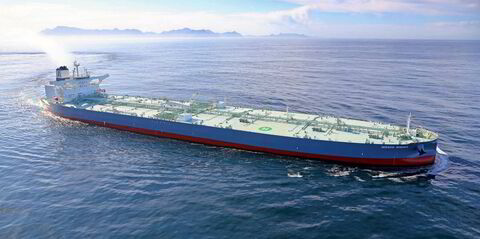KNOT Offshore Partners reported what chief executive Gary Chapman described as a “strong performance” in the second quarter, even as impairment charges on two tankers pushed its bottom line into the red.
The New York-listed shuttle tanker owner reported a second-quarter net loss of $40.4m, pulled down by a $49.6m impairment of the 59,300-dwt Dan Cisne (built 2011) and Dan Sabia (built 2012). The figure reverses a $9.89m profit reported in the same period of 2022.
Without the non-cash charge, the company’s adjusted net income came in at $9.3m, as the Scotland-based outfit pulled in revenue of $ 73.8m, up from nearly $64m a year earlier.
Chapman highlighted the quarter’s 99% fleet utilisation and progress in filling gaps in the shipowner’s charter portfolio.
“We have similarly made good progress in strengthening and de-risking our financial position, such that nearly all of our financing needs for 2023 have now been addressed,” he said in his final conference call before Derek Lowe takes over on 13 September.
He said that in the company’s main market of Brazil, the offshore oil market is seeing an improving supply-demand balance, as Petrobras delivers record-setting production levels and floating production unit start-ups in its pre-salt oilfields, where shuttle tankers are key.
“We believe the world’s biggest shuttle tanker market is materially tightening,” he said.
But the company slashed $24.5m from the book value of the Dan Cisne and $25.2m from the Dan Sabia as their contracts head toward expiry and their smaller size hampers their employment in Brazil.
| Q2 2023 | Q2 2022 | H1 2023 | H1 2022 | |
| Revenue | $73.8m | $64m | $145m | $129m |
| Operating expenses | $105m | $50.5m | $159m | $98.2m |
| Operating income (loss) | ($31.2m) | $14.4m | ($13.6m) | $30.9m |
| Net income | ($40.4m) | $9.89m | ($41.7m) | $36.7m |
In the North Sea, Chapman said the market is taking longer to rebalance, though it is expected to improve in 2024 and beyond.
“With only five new shuttle tankers set to deliver globally, and currently none after 2025, we believe that growth of offshore oil production in shuttle tanker-serviced fields across both Brazil and the North Sea is on track to outpace shuttle tanker supply growth in the coming years,” he said.
Read more
- Summer slumber: Middle East slowdown trumps Atlantic activity as VLCCs hit 12-month low
- No swift end expected to Turkey’s Ceyhan crude shipment dispute, brokers say
- Buyers line up as VLOC giant Polaris Shipping is put up for sale
- Salvage team leaves decaying supertanker after clean-up
- Russia’s Rosneft sees first-half profits rise despite production cuts




